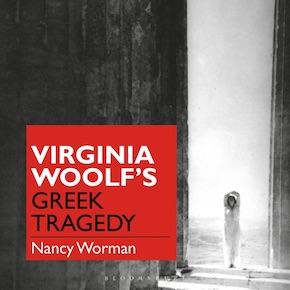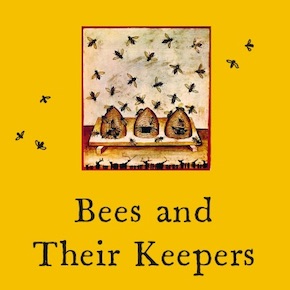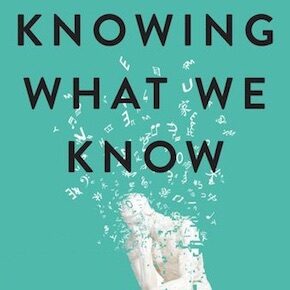
After the deluge: Knowledge in the magical age of (mis-/dis-) information
A new book by Simon Winchester has just come out. The mere fact in itself is thrilling and exciting. For over 50 years, Winchester has been critically informing his readers as a journalist for the Guardian, the Daily Mail or The Times, and as an author of political histories of troubled places and troubling times,...
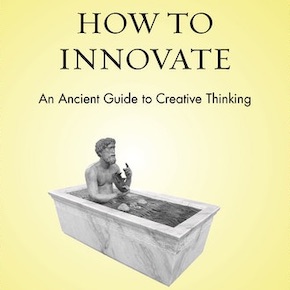
Old news: the origins of originality
The ancient Greeks are old news to us, or so we appear to be claiming. For some, at this very specific moment in time, they are not just antiquated, or relegated to the shades of oblivion, they are practically obsolescent, an existential black hole, even a socio-political and ethical-historical anathema. The question of the Greeks...

Armand D’Angour: A classically philosophical life?
There are books that leave you silent – with awe, or shock, or both. And then there are some others that make you yearn for the space in between silence and voice: for a space for more of the author’s thoughts, a space for questions, for engaged and engaging exchanges. Armand d’Angour’s books belong to...
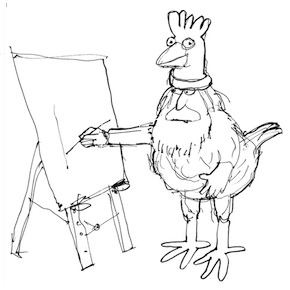
Don’t hurry over them
John Gaskin (he likes to write his first name with a soupçon of Hellenic omega in its spelling) is a rather extraordinary man. A banker quickly turned philosopher and academic, he has been lecturing and writing prolifically on almost all things ancient for more than half a century. Revered for his scholarship and mellifluous paeans...

Man the measure
Back in the roaring Sixties and Seventies, literary criticism and especially the philosophy of literary aesthetics and of socio-political analysis through literary texts acquired a distinctly ‘cool’ status. At last, academia was coming out of the dusty cupboards, climbing down from its ivory towers and marching into the streets arm in arm with the most...

Wondering at the world
“We are confused about happiness. Almost everyone believes that they want to be happy, which usually means a lasting psychological state of contentment,” writes Edith Hall in Aristotle’s Way, pointing out however that most of our everyday expressions of happiness are ephemeral, if not outright trivial and insubstantial, unsustaining, and eventually even fundamentally disappointing. In...

Through a mirror darkly
Well before Shakespeare made the feeling into one of the most celebrated tenets of art as well as life, the Greeks had already been there and done that. The principle of “all the world’s a stage” was for them the clearest, most perfect prism through which to analyse the full, multi-hued spectrum of human experience,...

